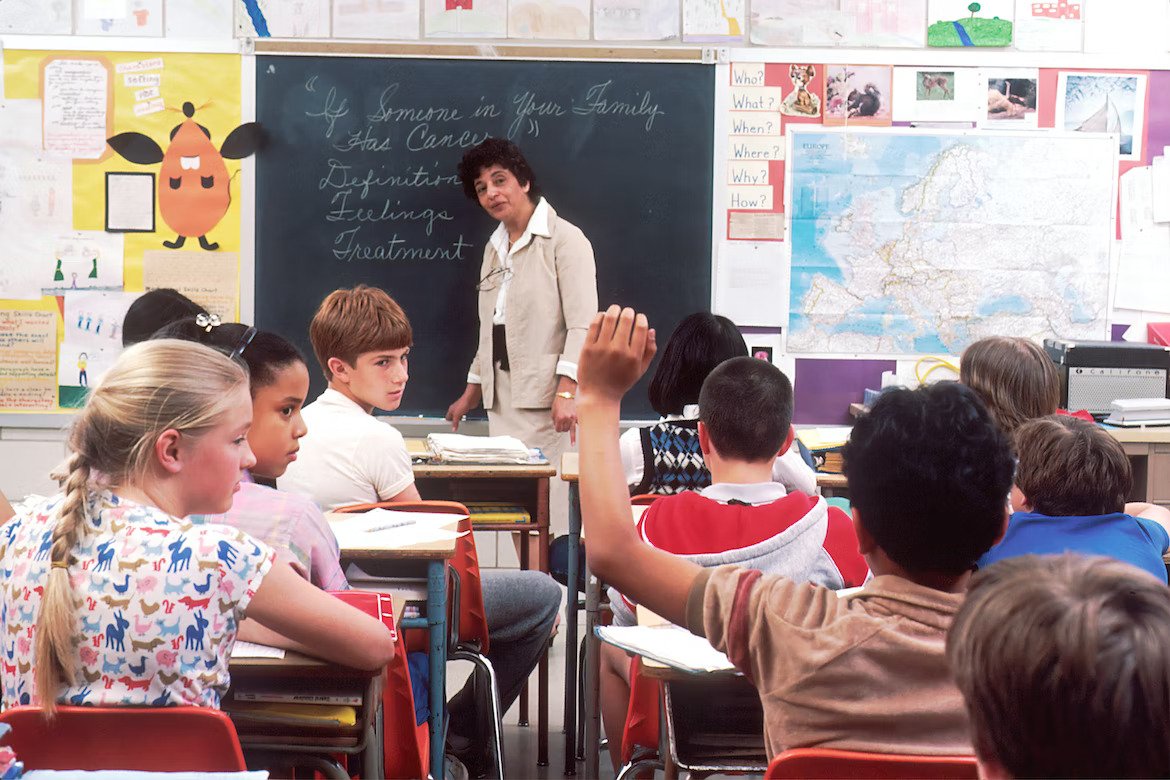There are always new things to learn in the field of education, and 2023 will be no exception. By following the tips we have collected, you can ensure that you’ll be ready for whatever comes next.
Find Ways To Make Your Lessons Engaging And Interactive
To make lessons engaging and interactive, there are a number of strategies teachers can use. For example, breaking the class into small groups and giving each group different tasks or activities to do that contribute to the lesson topic. This way, it gives the students more space and freedom to discuss information while allowing the teacher to easily monitor and guide conversations.
Additionally, giving fun on-topic worksheet activities or handouts that require critical thinking can add another layer of interactivity and give students an opportunity to show their understanding. Even using digital tools like the worksheet maker StoryboardThat to review material can encourage student involvement while still staying within a lesson topic.
Regardless of the methods employed, it is important for teachers to create an environment of collaboration where students feel accepted and supported in their learning process.
Get To Know Your Students And Their Learning Styles
Creating a positive learning environment and fostering a strong relationship with students is essential for any educator. An effective way to do this is to take the time to get to know your students and better understand their individual learning styles. Not only will this allow you to tailor your instruction for each student, but it can also contribute to increased involvement and motivation in the classroom.
A simple icebreaker or homework assignment wherein students are encouraged to share about themselves can go a long way to getting to know your students better and taking that first step toward creating an engaging classroom setting.
Encourage Creativity In Your Classroom
Developing creativity in the classroom doesn’t need to be a daunting task. It is a process that can be broken down into simple steps:
- Build an environment suitable for creative thinking by providing research materials, offering suggestion prompts and emphasizing divergent thinking skills.
- Consider incorporating creative activities into your lesson plans such as giving students time for free drawing or having them create worksheets for future classes.
- Develop mechanisms for recognition so that students understand the value of their work and feel encouraged to be creative and express themselves freely.
By implementing these practices you can foster an atmosphere of growth and acceptance in your classroom and nurture students’ creativity in productive ways.
Be Patient With Your Students And Help Them Reach Their Potential
Teaching can be an incredibly rewarding experience, and there is no greater joy than when you see your students reach their potential. However, during this journey patience and understanding are key.
Every student learns in a different way, so it is important to give everyone the time they need to get the most out of their learning experience and develop into successful learners. By offering kind words of encouragement, providing guidance, and adapting lessons to each learner’s individual needs, teachers can create an environment designed to foster growth that both encourages students and boosts their self-worth. Through patient instruction and engagement with each learner’s goals, teachers have the power to change lives and ignite potential.
Be A Lifelong Learner
As educators, it is our responsibility to ensure that we are providing the best teaching experience for our students. One way to do this is by becoming lifelong learners and staying up-to-date on new teaching methods and educational research.
By taking advanced classes or workshops, reading current relevant articles, or attending conferences, we can continue to develop our knowledge and skills as educators. This helps us think critically about the strategies we use in the classroom while gaining valuable perspectives from professionals in the field.
Additionally, when exposed to research-based strategies and practices, we have a better understanding of how various approaches impact student learning. This allows us to become more intentional and effective when implementing educational plans for our classrooms.
Final Say
Let’s review the main points of this blog post – getting to know your students, making lessons engaging, encouraging creativity, being patient, and continuing your own education. If you can take these ideas and implement them in your classroom, you’ll be well on your way to becoming an effective educator.
Of course, it takes time and effort to become a great teacher, but it’s definitely worth it when you see your students thriving in their learning.
Read Also:
- 5 Awesome Gadgets For Your Office
- Your Guide In Buying Kid-Friendly Gadgets
- Top 5 Electronics Gadgets To Buy From Amazon US
























